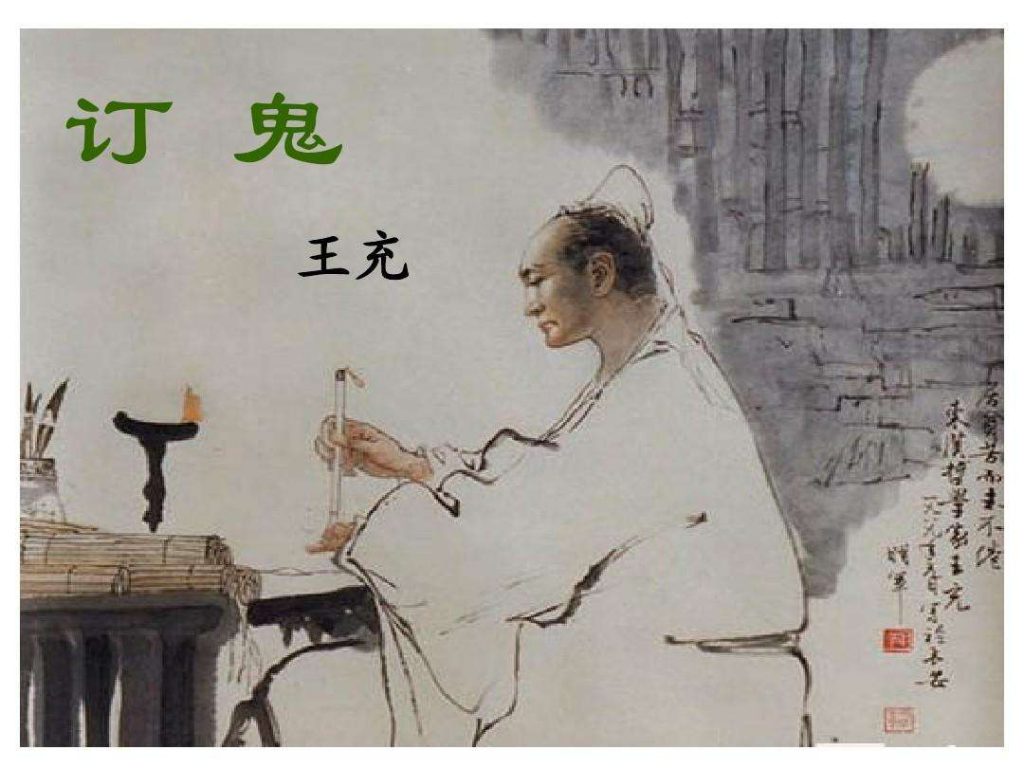Wang Chong Works and Thought
3 min readWang Chong(27-c.97)was a Chinese philosopher during the Han Dynasty who developed a rational,secular,naturalistic,and mechanistic account of the world and of human beings.His main work was the Lun-Heng.
Unusually for a Chinese philosopher of the period,Wang Chong spent much of his life in non-self-inflicted poverty;indeed,he was said to have studied by standing at bookstalls.A superb memory,however,allowed him to become very well-versed inthe Chinese classics,and he eventually reached the rank of District Secretary,a post which he soon lost as a result of his combative and anti-authoritarian nature.

Works and Thought
Also unusual is the fact that Wang cannot be placed in any particular school of Chinese philosophy.Rather,he reacted to the state that philosophy had reached inChina by his day.Taoism had long before degenerated into superstition and magic,and Confucianism had been the state religion for some 150 years.Confucius and LaoZi were worshipped as gods,omens were seen everywhere,belief in ghosts was almost universal,and feng shui had begun to rule people’s lives.Wang’s response to all this was derision,and he made it his vocation to set out a rational,naturalistic account both of the world and of the human place in it.He was also a friend of Ban Gu,the historian who contributed to the Book of Han(Han Shu).
At the centre of his thought was the denial that Heaven has any purpose for us whether benevolent or hostile.To say that Heaven provides us with food and clothing is to say it acts as our farmer or tailor-an obvious absurdity.We humans are insignificant specks in the universe and cannot hope to effect changes in it,and it is ludicrous arrogance to think that the universe would change itself just for us.
Wang insisted that the words of previous sages should be treated critically,and that they were often contradictory or inconsistent.He criticized scholars of his own time for not accepting this,as well as what he called the popular acceptance of written works.He believed that the truth could be discovered,and would become obvious,by making the words clear,and by clear commentary on the text.One example of Wang Chung’s rationalism is his argument that thunder must be created by fire or heat,and is not a sign of the heavens being displeased.He argued that repeatableexperience and experiment should be tried before adopting the belief that divine will was involved.
He was equally scathing about the popular belief in ghosts.Why should only human beings have ghosts,he asked,not other animals?We’re all living creatures,animated by the same vital principle.Besides,so many people have died that their ghosts would vastly outnumber living people;the world would be swamped by them.
“People say that spirits are the souls of dead men.That being the case,spirits should always appear naked,for surely it is not contended that clothes have souls as well as men.”








